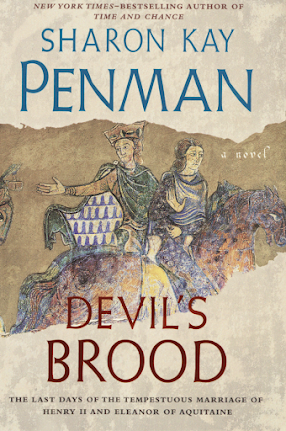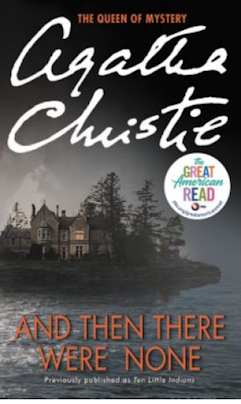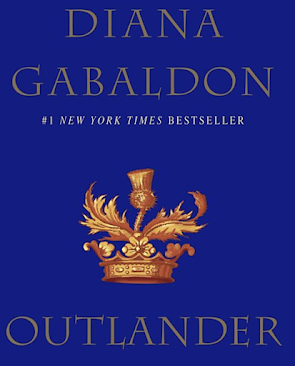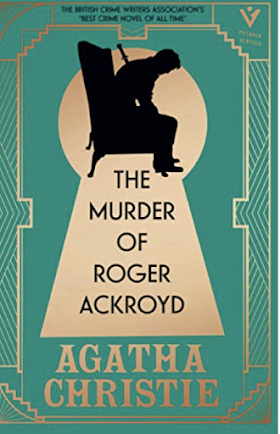Book reviews featuring history, historical fiction, and mysteries, as well as my thoughts on all things bookish.
Thursday, August 4, 2022
Devil's Brood by Sharon Kay Penman
Thursday, July 28, 2022
And Then There Were None by Agatha Christie
Tuesday, July 26, 2022
Why Reading Books Is Still Important
BOOKWORMS UNITE
Sometimes I'll be talking with someone and they'll mention how they don't like to read books. They'll say, "well, I read....just not books. I mean, I can find everything I need in an online article or Netflix show. Why would I waste time reading the book?" And while it's true that you can get information much more quickly on Wikipedia or a documentary or a news story, I still argue that reading actual books is so important. I don't feel like myself if I go to bed without having read something from a book that day. On my busiest ones I might literally only squeeze in 10 minutes of reading time but it makes me cranky if I find I've not carved out any book time at the end of the day.
I love my Bible app, I love to read news articles and I'll spend way too much time scrolling on Facebook or Instagram. But I always, always come back to books when I need to just escape the day and its drama. I have tried to figure out exactly why I've always been this way. From the time I was very little, I've been obsessed with books, libraries, and bookstores. My Mom used to take me to the library and I remember I got the same book over and over: Arthur the Anteater. It was my favorite! It was comforting to hear the story again and again and know how it would end. The smell of the library and the shelves lined with all those stories is something that is implanted in my brain forever. I'm so thankful I had parents who found reading and books important and still do today. My seventy year old parents still read many hours per day in their retirement and I'm convinced it has contributed to their mental acuity.
Books require more of you than short articles do. You have to be patient, let the story unfold, concentrate, and above all else, when you read, the story you see in your head is yours. How the characters look and sound, the scenery is all described by the author but YOU get to create the world in your head. This takes creativity and skills that aren't used when you have pictures, memes, or audio there for you to use.
My job is to help kids in grades 3-5 that are struggling with reading and try to find out why. Sometimes they haven't had proper phonics instruction. Other times they have a true learning disability such as dyslexia or a processing disorder. But honestly, the majority of my students who are behind and struggling with reading are struggling with the act of reading and comprehending what they read. Many of them are able to decode any word I put in front of them. They read the text like champs. But reading isn't part of their soul. They sit down with a book containing little to no pictures and are immediately overwhelmed. They literally cannot concentrate long enough to finish a book. They don't see reading actual books modeled at home and aren't made to read books. In class they mostly use Ipads and quick articles to study test taking strategies or quickly cover a topic. Reading and absorbing whole chapter books and letting them sink into their imagination is rare. I find this incredibly sad. Technology and all the testing is taking away the importance and JOY of reading books!
I feel like if more and more grown ups aren't reading actual books, then our kids won't be either. Why would they? Why would they care about libraries or bookstores or Kindle books if no one encourages them to. Reading books is more important than ever today in order to counter all the technology and "quick bites" of information thrown at us. Tuning out of all that's going on around us and sitting still with a book engages our minds like nothing else.
Do you agree with me? I'd love to know your thoughts. Do you read actual books? And do you think they require different analytical and concentration skills than reading articles and social media?
Sunday, July 24, 2022
Outlander by Diana Gabaldon
Thursday, July 21, 2022
The Murder of Roger Ackroyd by Agatha Christie (A Hercule Poirot Mystery)




